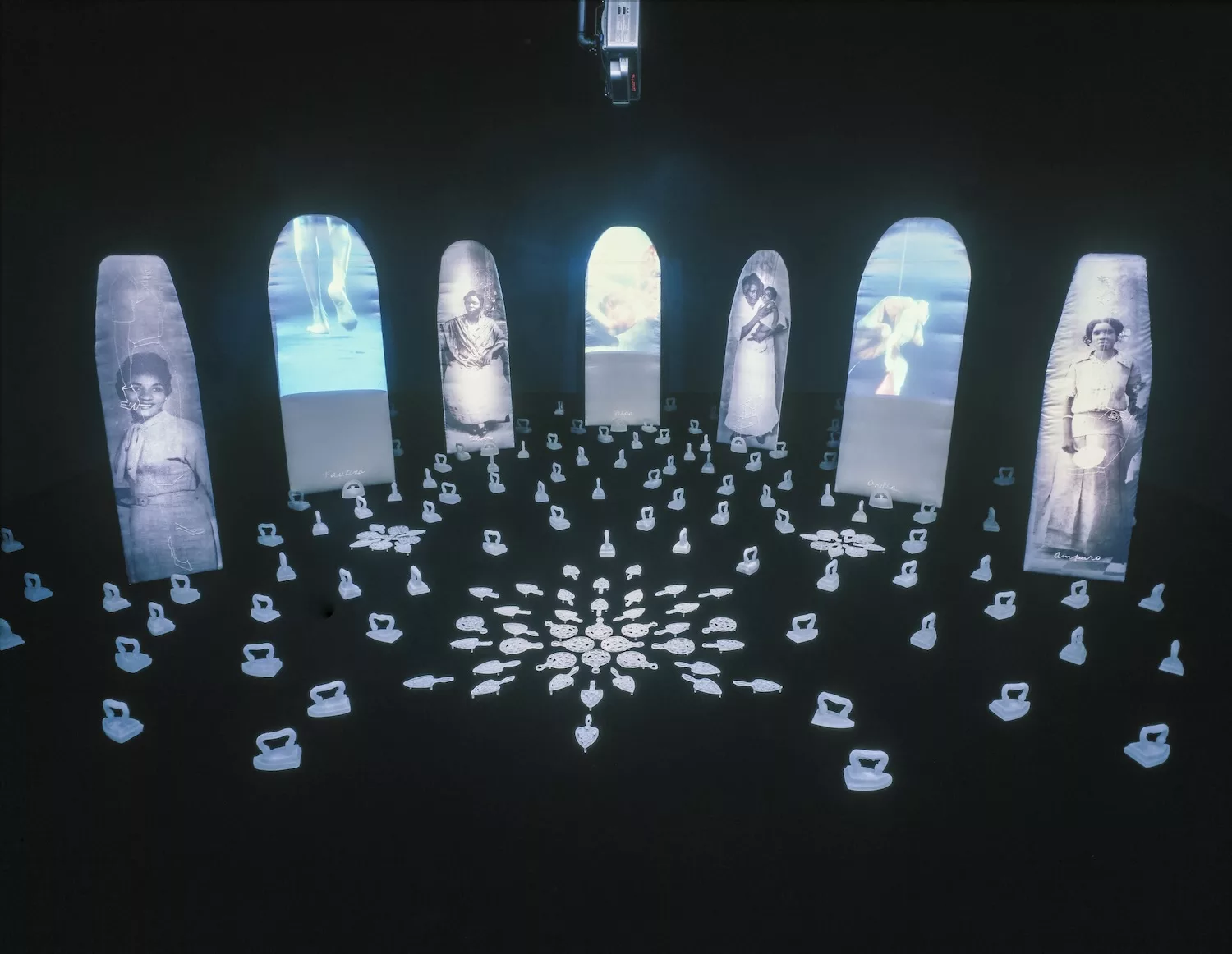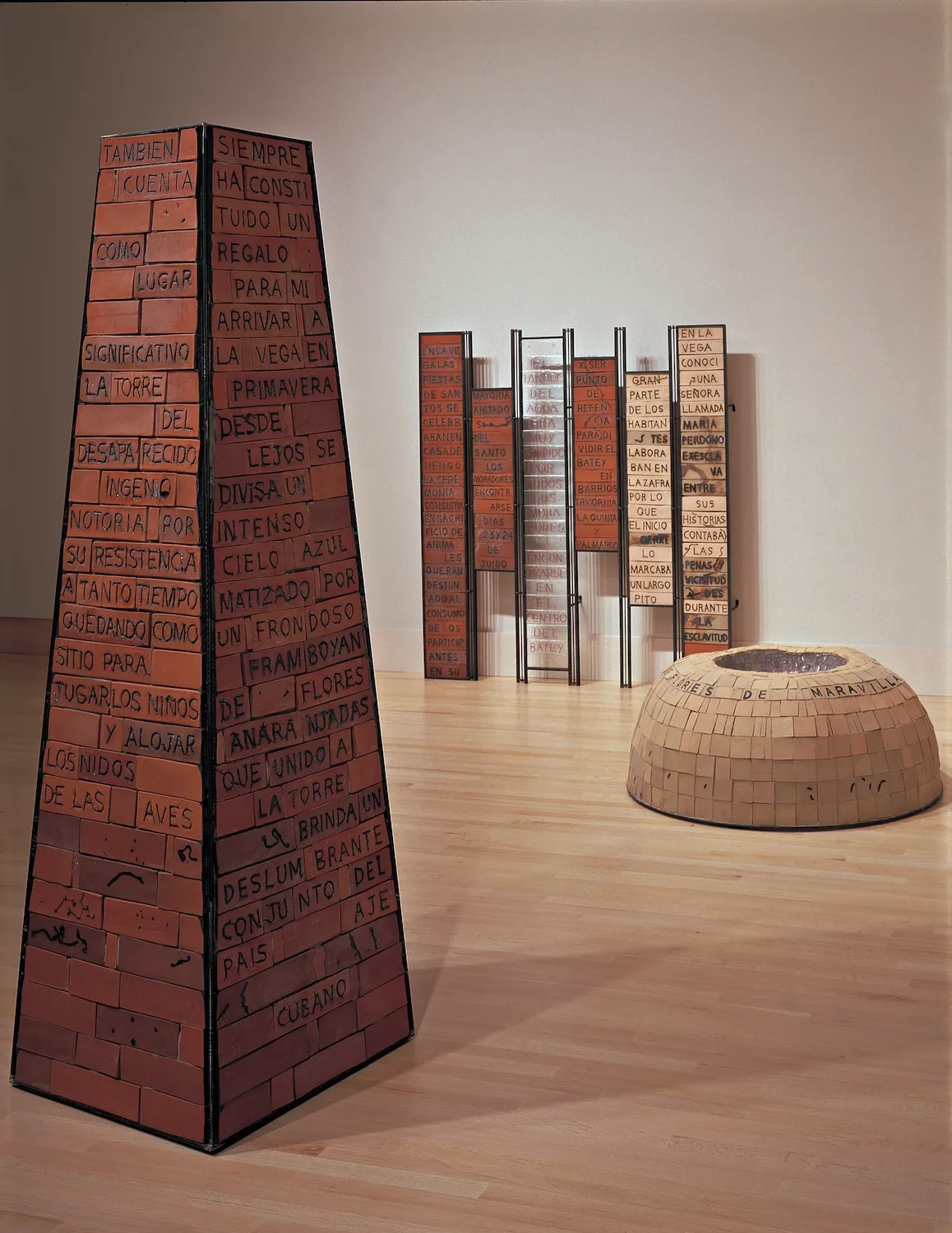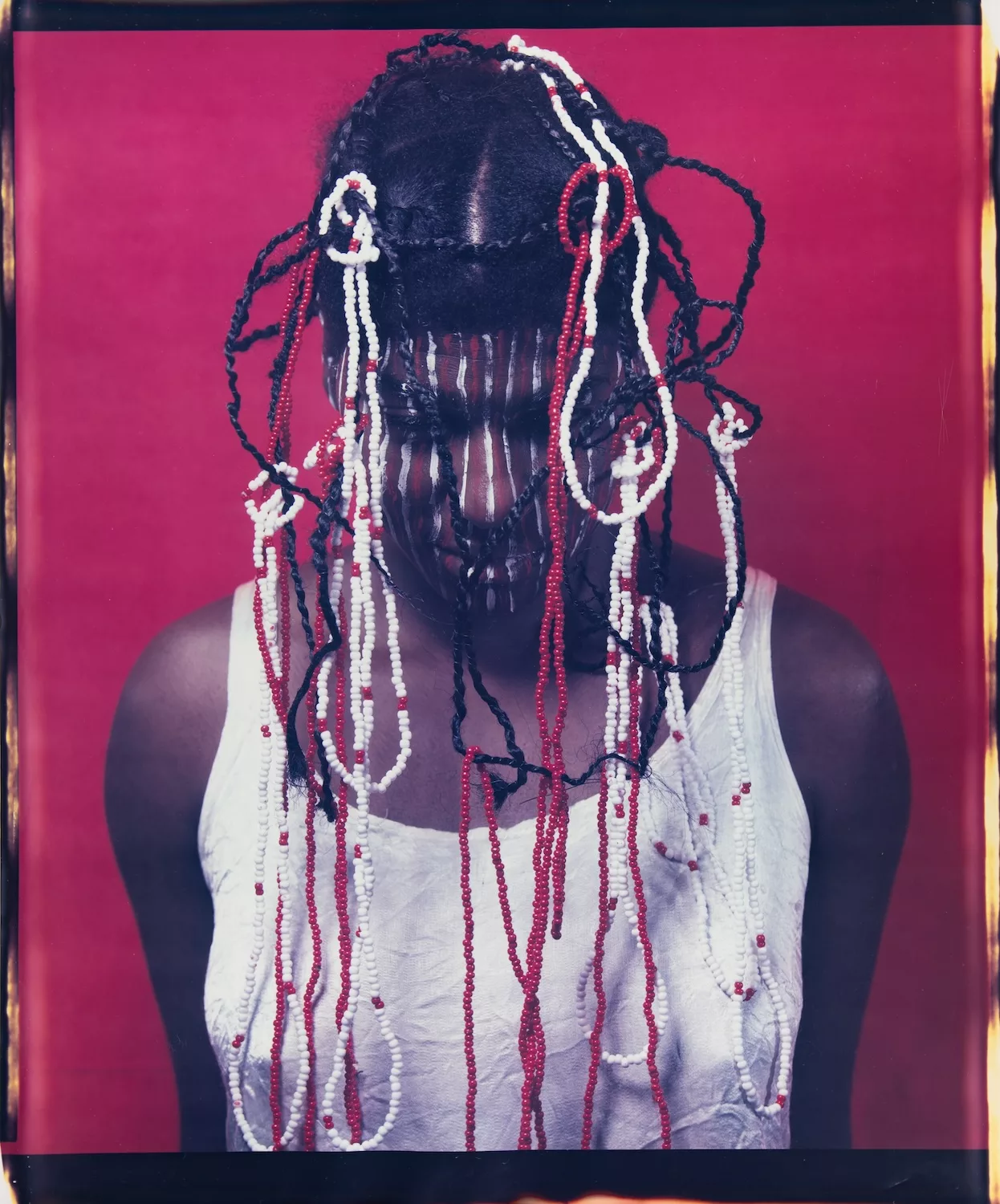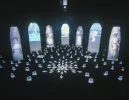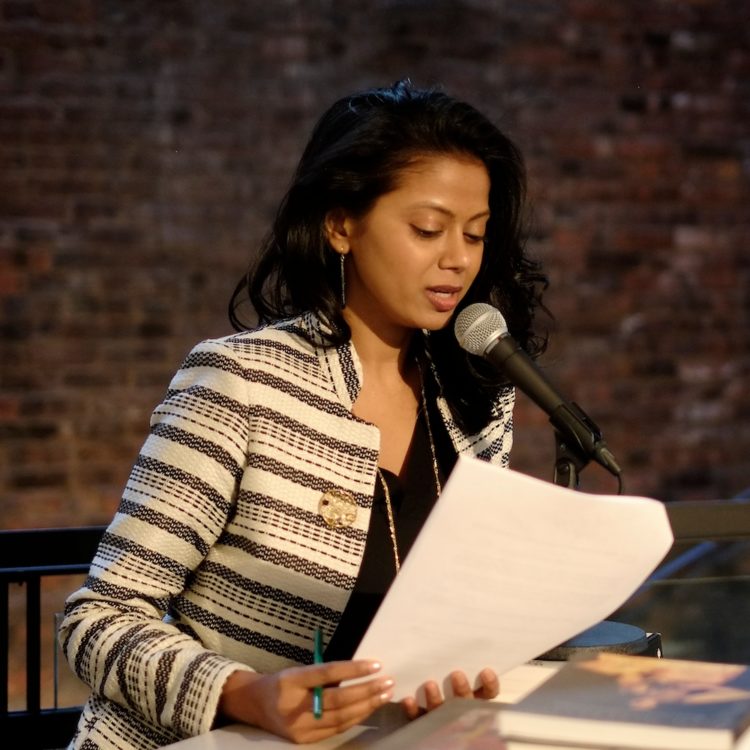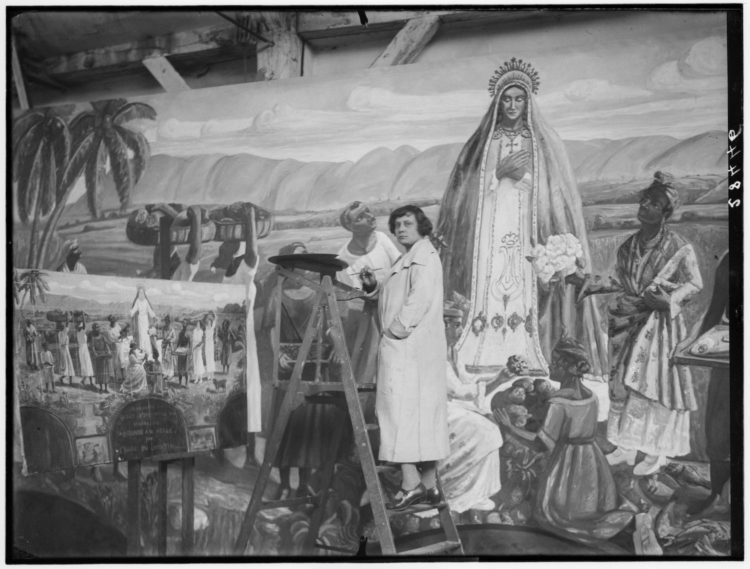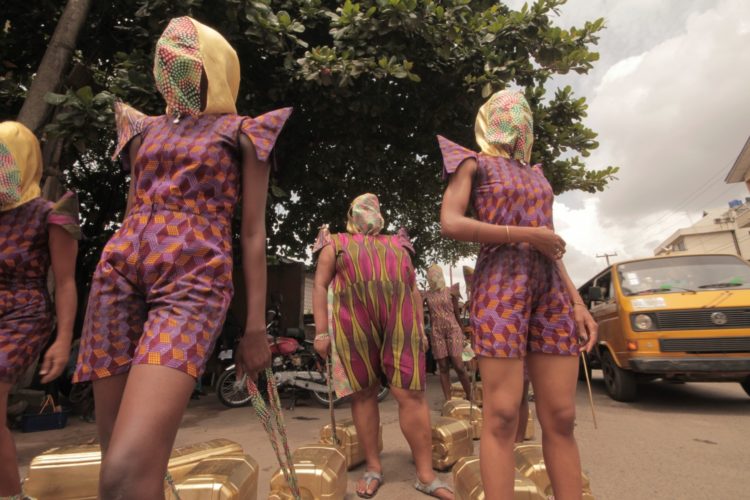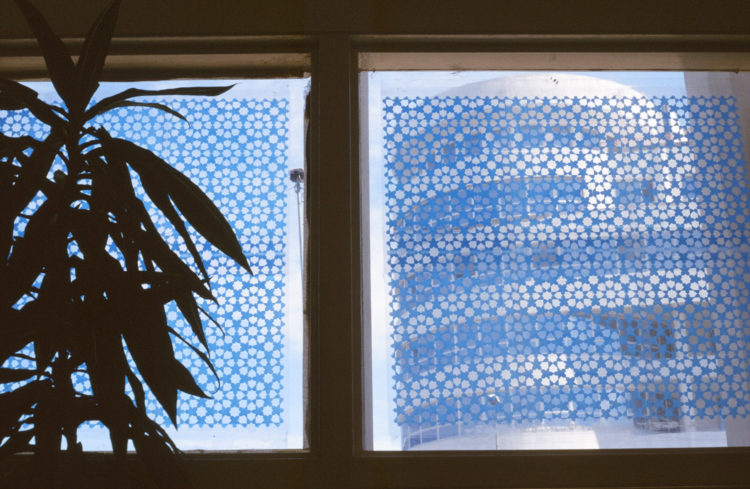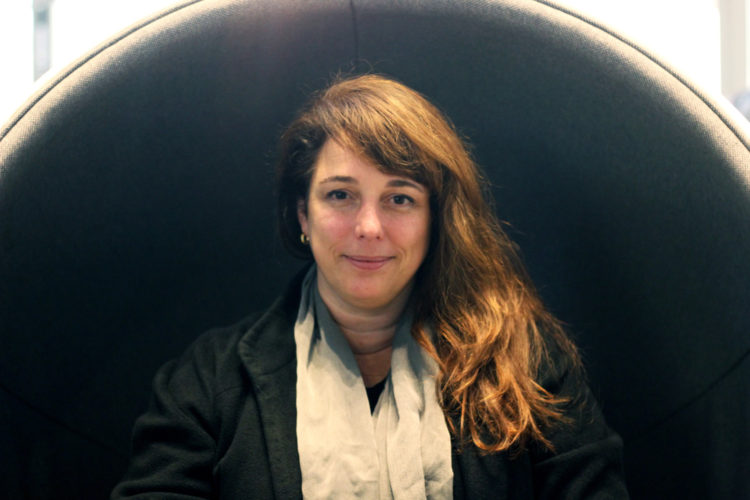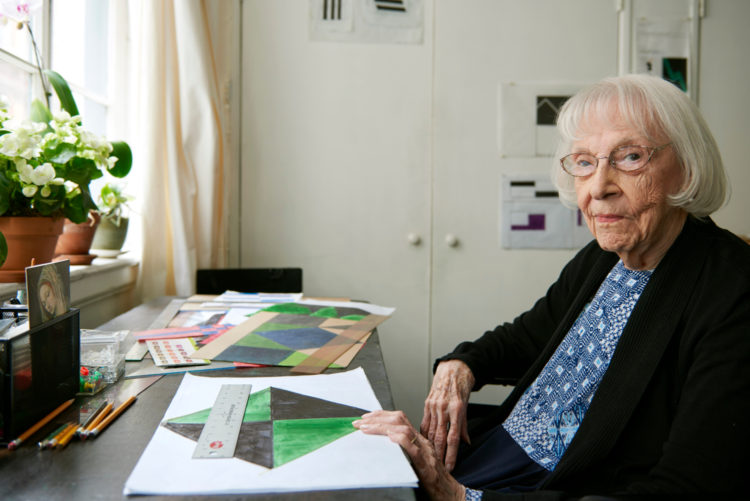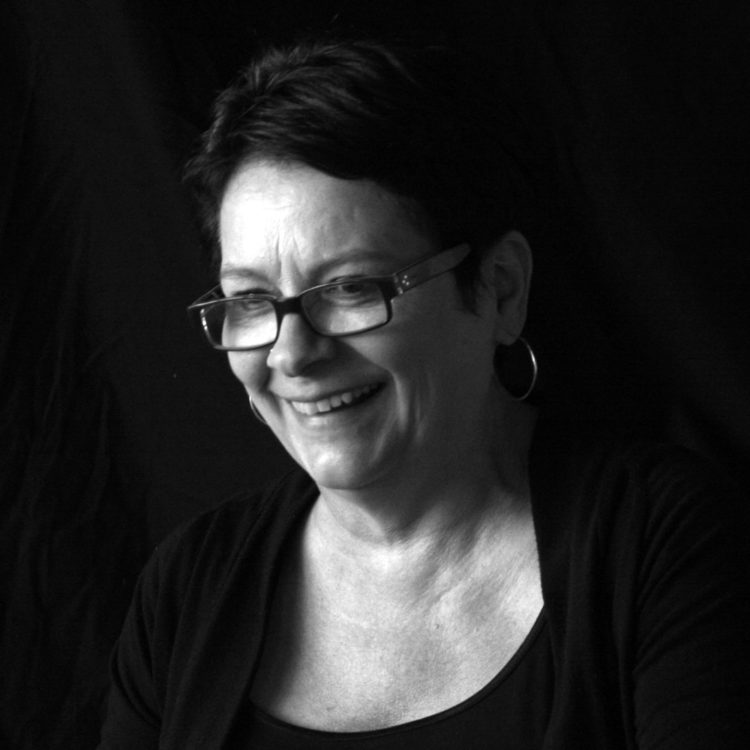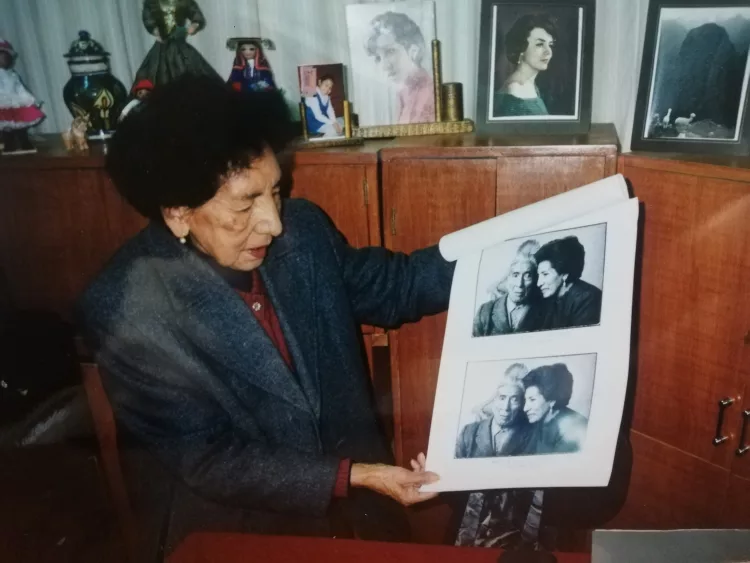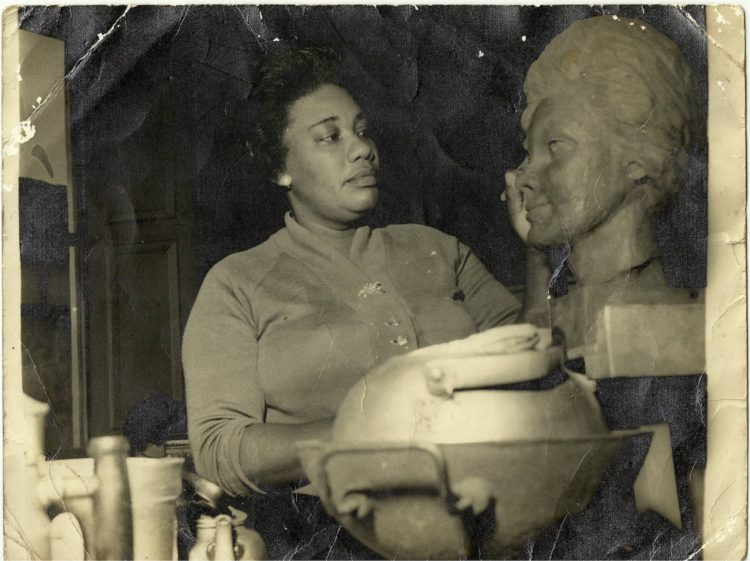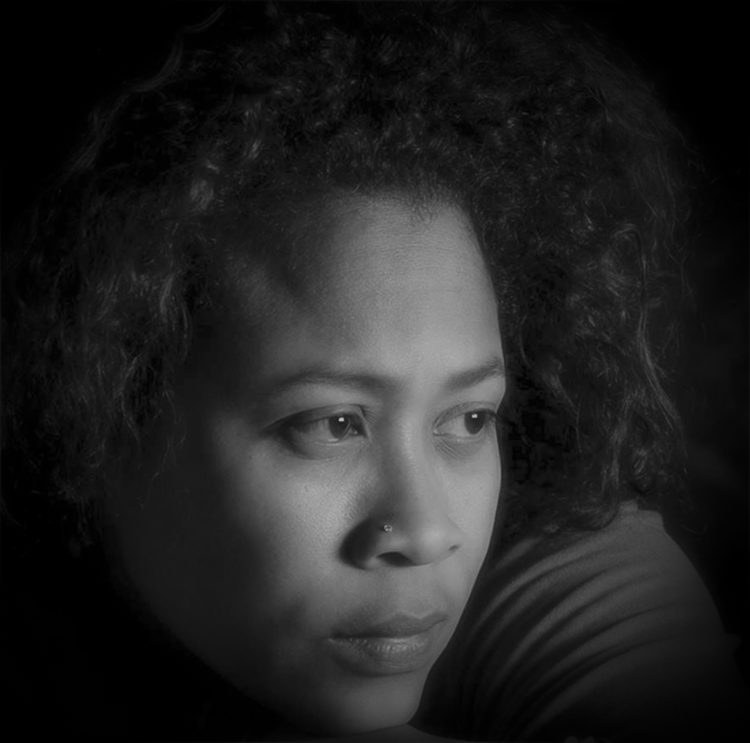María Magdalena Campos-Pons
Hermo, Carmen, María Magdalena Campos-Pons: Behold, exhi. cat., J. Paul Getty Museum and Brooklyn Museum, 2023–25, Los Angeles, J. Paul Getty Museum, 2023
→Hassan, Salah M. and Cheryl Finley, Diaspora, Memory, Place: David Hammons, María Magdalena Campos-Pons, Pamela Z, exhi. cat. Dak’art Biennial 2008, Prestel, Prince Claus Fund Library, Munich, 2008.
→Frieman, Lisa D., María Magdalena Campos-Pons: Everything is Separated by Water, exhi. cat., Indianapolis Museum of Art, 2007–08, Indianapolis Museum of Art, 2007
María Magdalena Campos-Pons: Behold, Brooklyn Museum, New York, September 2023 – January 2024; Nasher Museum of Art at Duke University, Durham, North Carolina, February – June 2024; Frist Art Museum, Nashville, Tennessee, September 2024 – January 2025; J. Paul Getty Museum, Los Angeles, February – May 2025
→Alchemy of the Soul, Elixir for the Spirits, with Neil Leonard, Peabody Essex Museum, Salem, Massachusetts, January – April 2016
→María Magdalena Campos-Pons: Everything is Separated by Water, Indianapolis Museum of Art, February – June 2007; Bass Museum of Art, Miami, Florida, September – November 2007
Cuban mixed-media artist.
María Magdalena Campos-Pons is an artist who explores interconnected global narratives of enslavement and indenture, motherhood and creation, spirituality and resilience. Rooted in the stories and traditions of her family in Cuba – descendants of people from present-day Nigeria deported and enslaved in the Americas to labour in the sugar industry – much of the performative spirit of her multi-media work is inspired by the rituals, mythos and processions of Santería, an Afro-Caribbean religion. Her grandmother was an initiated priestess, and her father was an herbalist; the sacred and sensorial connections between body and mind, humanity and the landscape are indelible energies in her work, as are the experiences of migration, home-building and community collaborations.
Born in Cuba in 1959, the year Fidel Castro came to power, M. Campos-Pons grew up during a period of artistic freedom and promise; but also political repression, in which religion—particularly Afro-descendant spiritual practices—was outlawed by the Cuban government. She graduated in 1980 from Havana’s National School of Art and in 1985 from the Universidad de las Artes (ISA) in Havana. Despite these restrictions, M. Campos-Pons, along with other artists, resisted the increasingly oppressive political and social climate of the 1980s, exacerbated by the US embargo. In the late 1980s, she left Cuba for the US to continue her studies, earning an MFA from the Massachusetts College of Art and Design in 1988. She permanently relocated to Boston in 1993, where she taught for three decades at the School of the Museum of Fine Arts, now part of Tufts University. In 2025, M. Campos-Pons is the Cornelius Vanderbilt Endowed Chair of Fine Arts at Vanderbilt University in Nashville, and established there the Engine for Art, Democracy, and Justice, a platform for academic and creative conversations.
M. Campos-Pons’s work is not defined by one medium, as she has worked with photography, watercolour, painting, multi-media installation, video, print and performance. Her large-scale and multi-part Polaroid works – inspired by the instantaneous, performative nature of this camera – combine self-portraiture sculptural accumulation in symbolic and poetic compositions, as in When I Am Not Here / Estoy Allá (1997), where the Yoruba orisha [deity] Yemayá is evoked in a gesture of protection towards people of African descent. Her trilogy of multimedia installations, A History of a People Who Were Not Heroes (1994), made in collaboration with composer Neil Leonard, was created in part by gathering the memories of the women in her family who reflected on the physical and social structures of enslavement and colonialism. Spoken Softly with Mama (1998) is the second work, which honours the invisible domestic labour of Afro-Cuban women. Combining silk-wrapped ironing boards, hundreds of cast glass irons and historic photographs of her grandmothers and aunts, M. Campos-Pons adds her own performative gestures of care, fertility, adornment and spirituality through projected videos. Arranged to evoke a devotional Santería altar, it honours these women and their story within the Black Atlantic, as well as exploring the ‘materiality of memory’, as the artist describes it.
A biography produced as part of “The Origin of Others. Rewriting Art History in the Americas, 19th Century – Today” research programme, in partnership with the Clark Art Institute.
© Archives of Women Artists, Research and Exhibitions, 2025


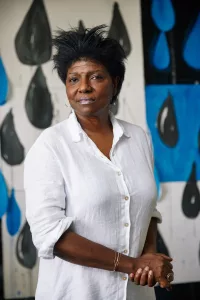
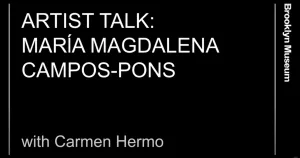 Artist talk: María Magdalena Campos-Pons | Brooklyn Museum, 7 January 2024
Artist talk: María Magdalena Campos-Pons | Brooklyn Museum, 7 January 2024 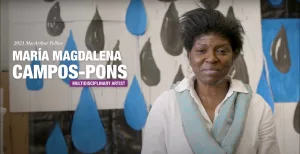 María Magdalena Campos-Pons: 2023 MacArthur Fellow | MacArthur Foundation, 2023
María Magdalena Campos-Pons: 2023 MacArthur Fellow | MacArthur Foundation, 2023  María Magdalena Campos-Pons’s “When We Gather” | National Gallery of Art, 15 June 2022
María Magdalena Campos-Pons’s “When We Gather” | National Gallery of Art, 15 June 2022 